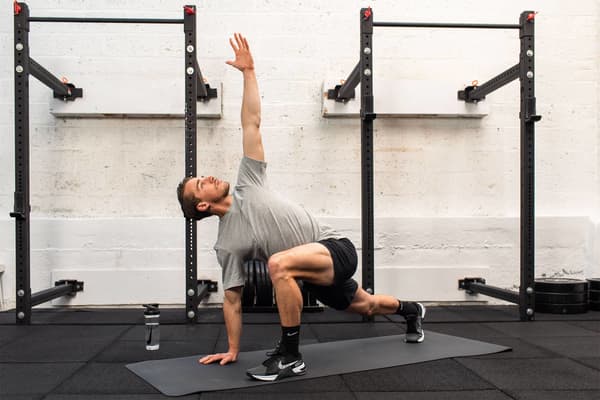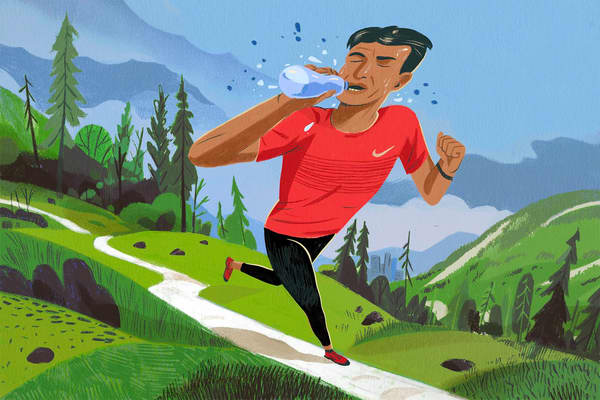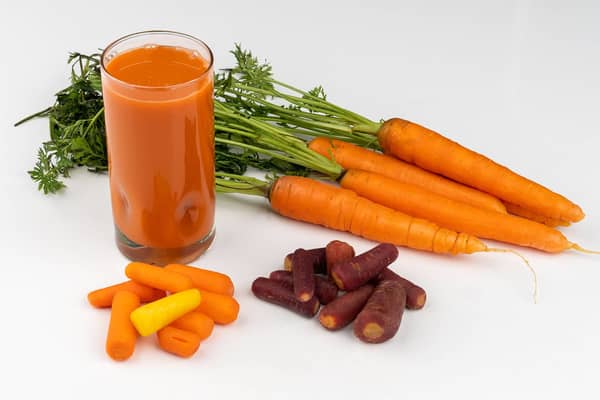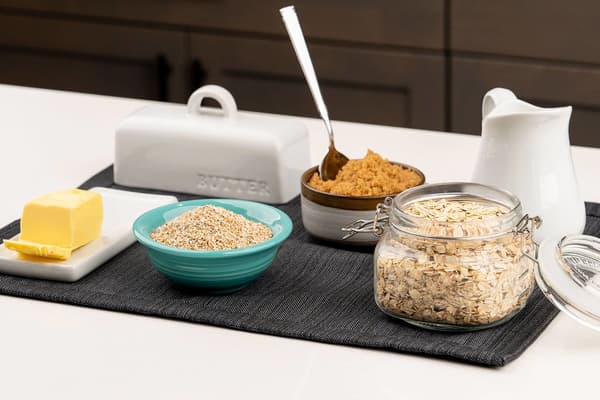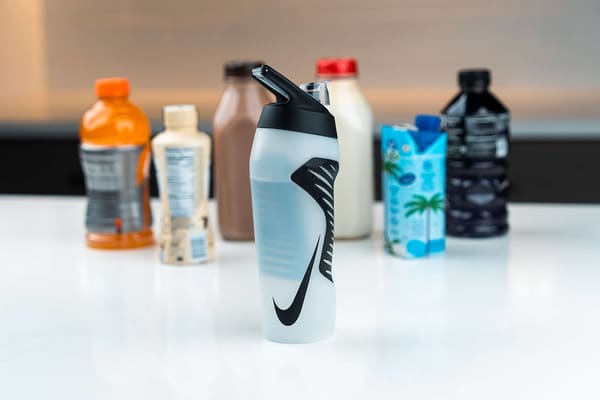What to Eat Before and After a Workout, According to Experts
Nutrition
Get ready to move and maximise your gains with this expert-approved guide on what to eat before and after exercise.

When it comes to getting faster, stronger or more powerful in your workouts, it's easy to assume that how intensely you approach your workout plays a key role. But, if you're not adequately fuelling before and after exercise, expect to see minimal gains—regardless of how intensely you train, explained Jason Machowsky, CSCS, RD, exercise physiologist and board-certified sports dietitian.
"Fuelling prior to a workout provides your body the energy it needs to perform its best while training", he said. "Refuelling after [a workout] helps to optimise the recovery process".
And, Katie Valdes, RD, assistant director for sports nutrition at the University of Southern California Department of Athletics, said that not all foods—or even macronutrient distributions—are appropriate for pre- and post-workout nutrition. In other words, just because a food is considered "healthy", doesn't mean it's ideal for fuelling.
(Related: Eat These Foods Before Exercising, Says a Registered Dietitian)
Below, Machowsky and Valdes identified the best foods to eat before and after working out to help power your next session—and maximise long-term gains.
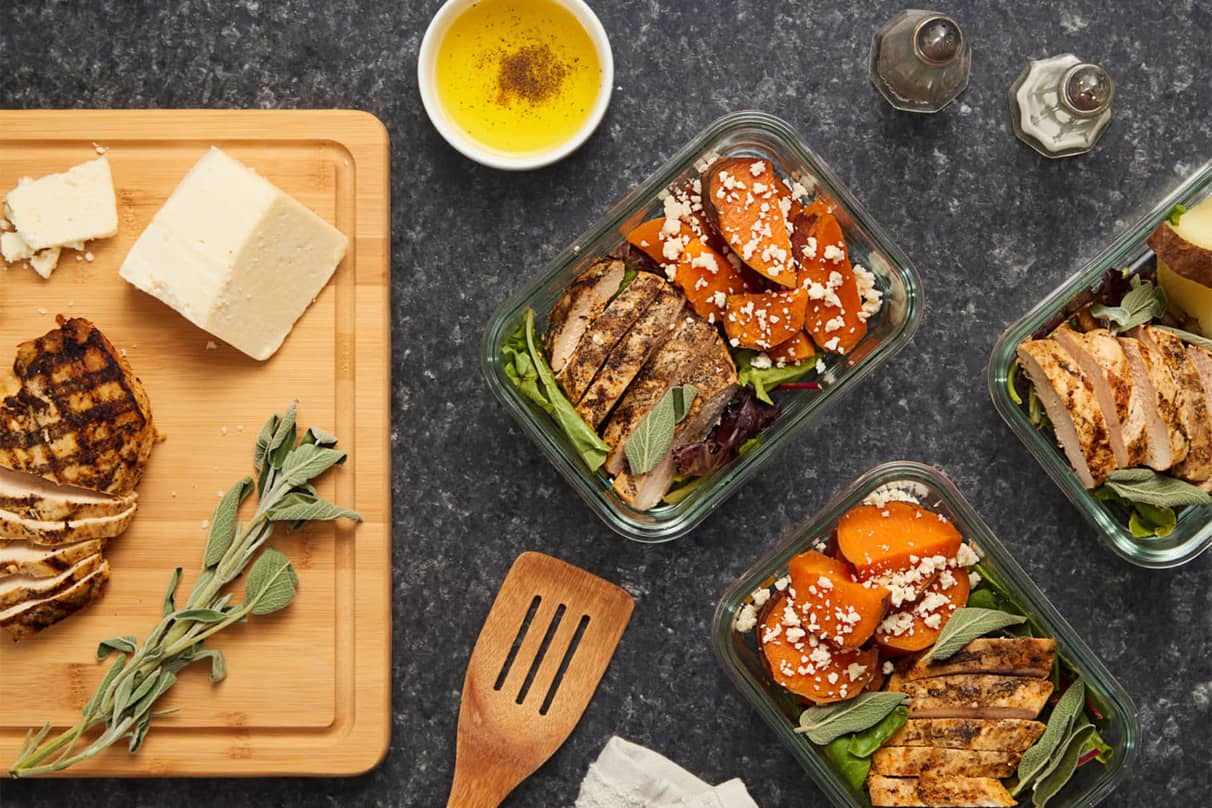
Meet the Macros: Carbohydrates, Proteins and Fats
In order to carry out basic functions, humans need to consume a balance of carbohydrates, protein and fat, otherwise known as macronutrients. To survive and achieve optimal athletic performance, it's important to take in a mix of the macronutrients as each carries a different role and function. And, no individual body is alike. Some athletes may require a higher amount of one macronutrient than another. Here's what you need to know about all three.
- Carbohydrates provide energy. The body breaks carbs down into glucose (sugar), which can either be immediately used as fuel or stored as glycogen in the muscles and the liver.
- Protein comprises amino acids, which are essential for building and maintaining muscle. Essential amino acids, or EAAs, aren't made by the body and must be consumed through food or, in some instances, supplements.
Fat is needed to absorb important micronutrients (vitamins A, D, E and K). Fat also helps cushion vital organs, supports cell growth and is the source of energy the body taps into during endurance events.

What Should I Eat Before a Workout?
Valdes noted that pre-workout fuelling can be categorised into two periods for both aerobic and anaerobic training. There's the type of pre-workout fuel that's best absorbed three to four hours prior to training and then there's fuel that's most beneficial to consume within 10 to 30 minutes of training.
Both of those fuelling periods, Valdes said, should be abundant in carbohydrates. "Our bodies utilise carbohydrates as our primary energy source and if carbohydrate stores are not adequate, our bodies will utilise lean muscle tissue as fuel", she said.
For the meal, Valdes noted that, although a three- to four-hour window before exercise is ideal, the best time to fuel is largely dependent on your personal digestion.
"The goal is to have adequate time to digest the meal so there is no discomfort during exercise", she said, noting that some people's digestive systems will move foods faster and others a bit slower—so expect some trial and error at first.
Valdes recommended that active individuals consume a meal three to four hours before exercise with the macro ratio.
- Carbohydrates: Carbs should make up around 50–60 percent of the meal. Reach for low-glycaemic, high-fibre carbohydrates, such as fruits and vegetables, high-fibre cereals and whole-grain bread and pasta, Valdes said. Low-glycaemic foods can help to maintain steady blood glucose (sugar) and energy levels for long periods of time, which is ideal for powering through tough exercise sessions.
- Protein: Aim to have protein amount for 25–30 percent of the plate. Lean protein sources, such as fish, turkey and non-fat Greek yoghurt don't contain additional fat sources and are less likely to slow down digestion.
- Fat: Healthy fats should make up for about 20–25 percent of the meal. Healthy fats can include foods such as nuts, seeds and fish. Fat is converted into metabolic fuel in the body, which can help support essential functions necessary for athletic performance (like muscle endurance).
What does this look like on the plate? According to Valdes, try a turkey-and-cheese sandwich on whole-wheat bread, spaghetti with turkey meatballs and a side green salad or a piece of fruit, or pretzels with non-fat Greek yoghurt and a piece of fruit.
On the other side of the workout, ideally within a 10- to 30-minute window, Valdes suggested reaching for a small, carb-heavy snack that can be quickly digested. A handful of options are apple sauce, a granola bar, energy chews or a piece of fruit.
According to a 2014 study in the journal Nutrients, the efficacy of pre-workout fuel doesn't rely on its form. In other words, if you prefer a gel or liquid over whole foods, that's fine.

What Should I Eat After a Workout?
Once you've put in the hard work during exercise, fuel can help retain and bolster gains, Valdes said.
"Following a workout, carbohydrates and protein should be prioritised in a three-to-one ratio of carbs to protein", Valdes said. "Carbohydrates are needed to replenish the glycogen stores that were just utilised for training and maximise effective recovery time. Protein helps replenish the muscles and assists in muscle strength and recovery".
Valdes said she urges athletes to stick to this step. "Without [post-workout fuelling], you won't have glycogen stores for your next workout, and there won't be adequate protein to build muscle".
(Related: How Much Protein Do You Really Need To Build Muscle?)
How quickly you refuel will vary based on your exertion, training goals and general life circumstances (i.e. you might not have time for a full-fledged meal after an exercise session). For example, if you're trying to put on additional muscle mass, it's ideal to consume proper nutrients within a 30-minute timeframe after working out, per the American Council on Exercise.
Valdes noted that the following meal ideas contain ample protein and carbohydrate reserves for recovery.
- Protein shake
- Chocolate milk
- Pasta with marinara sauce and chicken breast
- Carrots with houmous
- Turkey on whole-wheat bread with vegetables
- Tuna on a bed of greens with ancient grains
"The goal of these foods is to provide the body with carbs and protein, since carbs were just used as fuel for training, and protein consists of amino acids, which help rebuild and repair muscles", Valdes said. "Both cardio and strength training will require carbs and protein for recovery".
Words by Julia Sullivan, ACE-certified personal trainer

